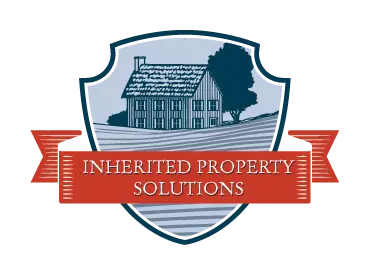When most people buy cars, they start by doing research on the vehicles available and weighing their options as far as price and financing are concerned; they do not rush to their local Ford or Toyota dealer without first thinking through the process, because the salespeople at these dealerships are only interested in selling the vehicles that are on the lot at that moment.
The same principles apply when selling inherited property. A quick cash sale may be the best option, but then again, it may not.
The Upside
Someone once said that “cash” was one of the most beautiful four-letter words in the English language, and it is difficult to argue with that assessment. “Buy” is another very good word, especially in the real estate world. Furthermore, the property is normally sold “as is” with little or no pre-sale inspection, and closing may happen in as little as a week or 10 days.
Cash sales help with emotional closings as well. When emotions are high, and busy lives demand attention, a quick sale and quick closing are often some of the best things that could possibly happen at that moment.
The Downside
Home investors do not have to be licensed, so there is absolutely no screening process. Therefore, many of these “buyers” will ask for “agency fees” or other money upfront. In nearly all cases, such requests are sure signs of a scam. Dealing with a licensed real estate agent eliminates this concern altogether. The one to find will have an outstanding reputation and network of investors. In addition, sellers can ask the investor for a Proof of Funds statement from a financial institution. This way, you know you are dealing with a legitimate investor with solid financial backing.
There are economic forces at work as well. Like all businesspeople, investors want value for their clients. As a result, their ceiling is usually 65 percent of the fair market value. From one perspective, a sale to an investor leaves a lot of money on the table. Yet from another perspective, 65 percent of something is much better than 100 percent of nothing.
Using a Realtor
Just like car buyers carefully evaluate their options before purchasing a vehicle, sellers should weigh their options according to market conditions and property conditions, and an experienced realtor is well-positioned to do both.
Market conditions vary so much from city to city and even neighborhood to neighborhood. The internet can give big-picture statistics about housing inventories and asking prices, but only a realtor can offer an educated guess about how quickly, or how slowly, a specific property will sell.
There is also the matter of property conditions. As a rule of thumb, pre-sale home repairs fall into one of three categories:
- Must Do: Structural defects and code compliance issues must be fixed, but bear in mind that the objective is not to fix the issue forever but to make sufficient repairs that the home passes inspection.
- Optional: If old HVAC units, roofs, and water heaters are not repaired or replaced, the seller can reduce the asking price or pay for a home warranty.
- Cosmetic: Everything else, like worn carpets and faded paint, is cosmetic, and market conditions largely dictate whether or not these items should be addressed.
A fast sale and quick closing isn’t for everyone but may be right for you. Contact us today to get an experienced inherited property realtor on your side.





